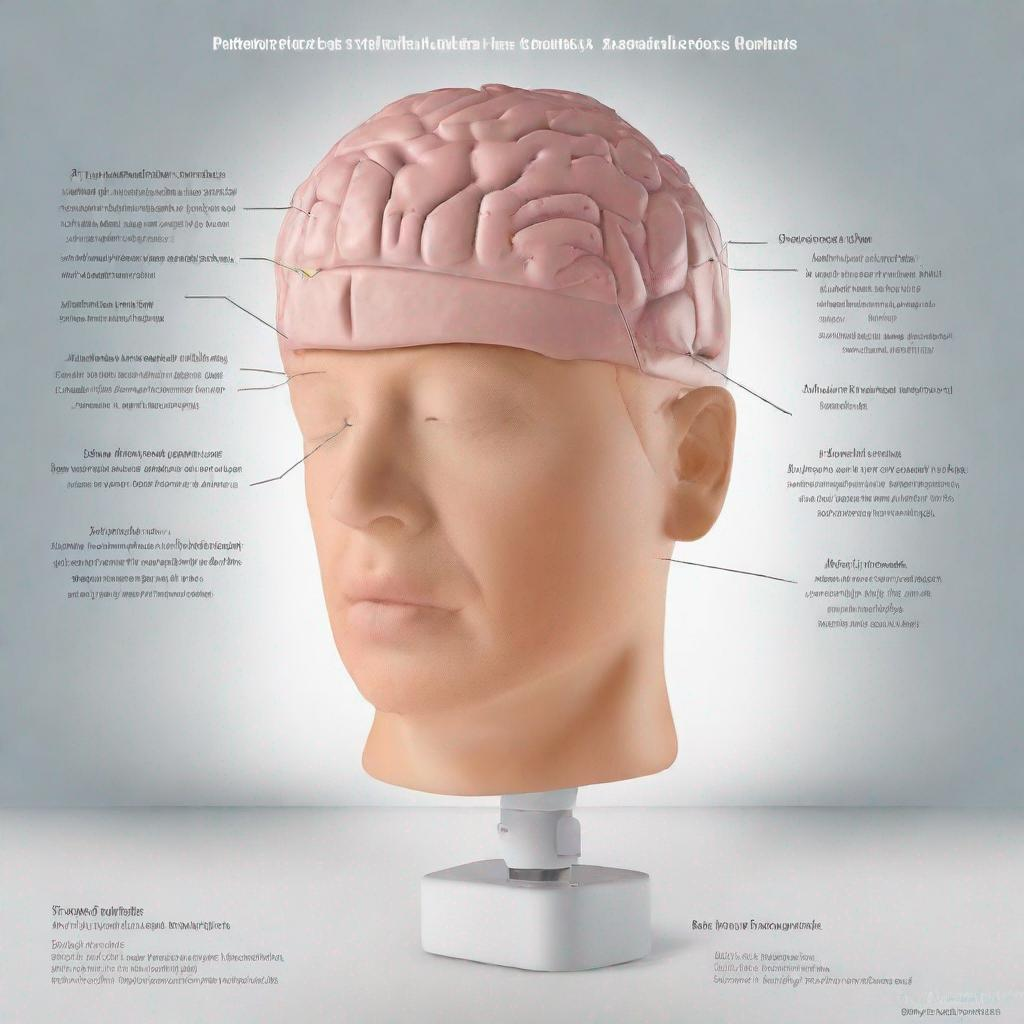## Neurological Examination: A Comprehensive Guide
### Introduction
A neurological examination is a medical test that assesses the function of the nervous system, including the brain, spinal cord, and nerves. It plays a crucial role in diagnosing and monitoring neurological conditions and diseases.
### Procedure
A neurological examination typically involves several components:
– **Cranial nerve examination:** Tests the function of the 12 cranial nerves that control facial movements, vision, hearing, smell, taste, and other functions.
– **Mental status examination:** Assesses cognitive function, memory, attention, and language abilities.
– **Motor examination:** Evaluates muscle strength, coordination, balance, and reflexes.
– **Sensory examination:** Tests the ability to sense touch, temperature, pain, and vibration.
– **Gait assessment:** Observes the patient’s gait and posture.
The examination is performed by a neurologist or other healthcare professional trained in neurology. They use various tools, such as:
– Reflex hammer
– Ophthalmoscope (for eye examination)
– Tuning fork
– Sensory testing monofilaments
### Diagnosis
A neurological examination can help identify a wide range of neurological conditions and diseases, including:
– Alzheimer’s disease
– Amyotrophic lateral sclerosis (ALS)
– Bell’s palsy
– Brain tumor
– Cerebral palsy
– Charcot-Marie-Tooth disease
– Dementia
– Epilepsy
– Guillain-Barre syndrome
– Huntington’s disease
– Meningitis
– Multiple sclerosis
– Myasthenia gravis
– Parkinson’s disease
– Stroke
– Transient ischemic attack (TIA)
### Importance
Neurological examinations are essential for:
– **Early diagnosis:** Detecting neurological conditions in their early stages, when treatment is most effective.
– **Monitoring:** Tracking the progression of neurological diseases and evaluating the effectiveness of treatment.
– **Evaluating neurological symptoms:** Determining the underlying cause of symptoms such as headache, dizziness, or memory loss.
– **Assessing risk:** Identifying individuals at risk of developing neurological conditions, such as those with a family history of stroke or dementia.
### Alternatives
In some cases, alternative tests may be used instead of or in conjunction with a neurological examination, such as:
– Electroencephalography (EEG)
– Magnetic resonance imaging (MRI)
– Computed tomography (CT) scan
– Electromyography (EMG)
– Nerve conduction studies
### Preparation
No special preparation is usually required for a neurological examination. However, it is important to inform the doctor about any medications or supplements you are taking, as these may affect the results.
### Duration
A neurological examination typically takes 30-60 minutes. The results are usually available immediately.
### Recommendations
Following a neurological examination, the doctor may recommend additional tests or procedures, such as:
– Blood tests
– Imaging studies
– Electrophysiological studies
– Genetic testing
These tests can provide further information about the underlying condition and guide treatment decisions.



